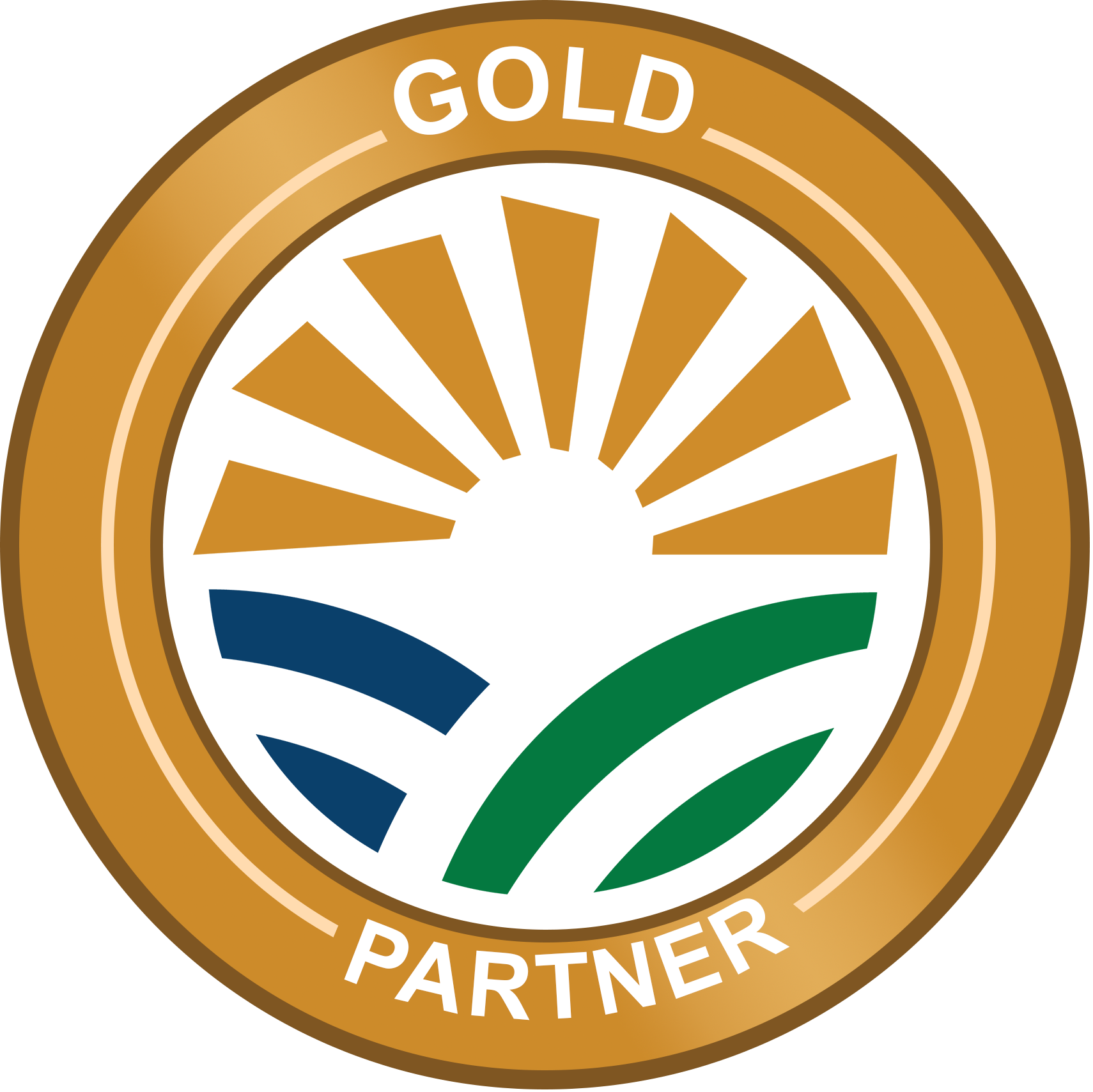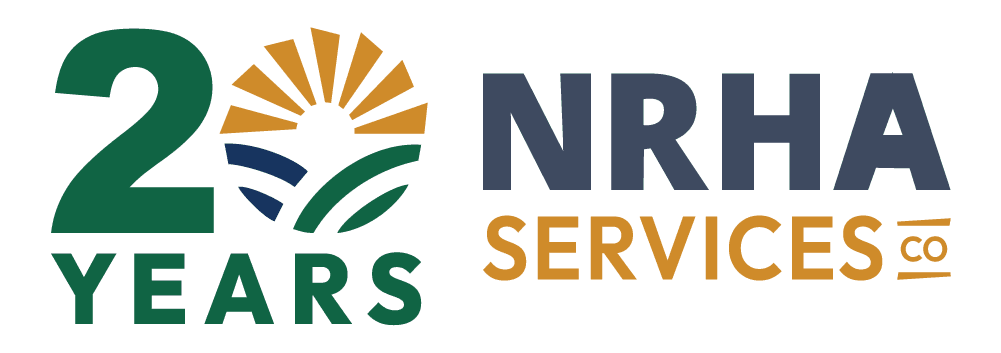
Rural Hospital Gold Partner
Partnering to Advance Rural Health
Rural hospitals have a clear priority—delivering exceptional care close to home for members of their communities. Working with Mayo Clinic Laboratories and Mayo Clinic Cardiac Monitoring brings the best in healthcare directly to these communities through access to:
- A sophisticated laboratory test menu to help your clinicians answer some of their toughest clinical questions.
- Remote cardiac monitoring solutions that allow patients to use a single device for all testing types and receive 24/7 monitoring from certified rhythm analysis technicians.
- Customized operational support, including utilization reviews, capacity assessment, and process improvements to reduce waste, improve efficiency, and optimize financial performance.
- Educational opportunities ranging from on-demand clinical case studies to phlebotomy workshops and outreach lab leader conferences. Many offerings are accredited.
Impact in Action
Below are examples of rural providers seeing results through collaboration with Mayo Clinic Laboratories.
- Minidoka Memorial Hospital, a 25-bed hospital in Rupert, Idaho, partnered with Mayo Clinic Cardiac Monitoring and the team shared, “It is nice having this service available, especially with a trusted source like the Mayo Clinic.” They say that patients comment on how quickly they can get in and get the monitor applied.
- Valor Health is another rural hospital in Idaho partnering with Mayo Clinic Cardiac Monitoring to enhance patients’ care and experiences. With just 16-beds, the critical access hospital does not have a cardiologist on staff and relies on the reports from Mayo Clinic Cardiac Monitoring to determine if patients need a referral to a cardiologist. The team says, “Our patients do not need to travel 45 minutes to the next medical center or physician group to have the Holter Monitor placed nor do they have to wait for it to be mailed to them. It can be ordered and placed on the same day.”
Trusted Expertise and Innovation for Rural Healthcare
For over 50 years, Mayo Clinic Laboratories has helped hospitals of all sizes deliver high-quality care close to home for patients. Together with Mayo Clinic, we also relentlessly innovate to create new tests and solutions that can help physicians everywhere save and improve more lives.
Contact
Let’s talk about how these solutions can support your hospital.
Juliana St Helene-Kraft
sthelenekraft.juliana@mayo.edu


Stay In Touch